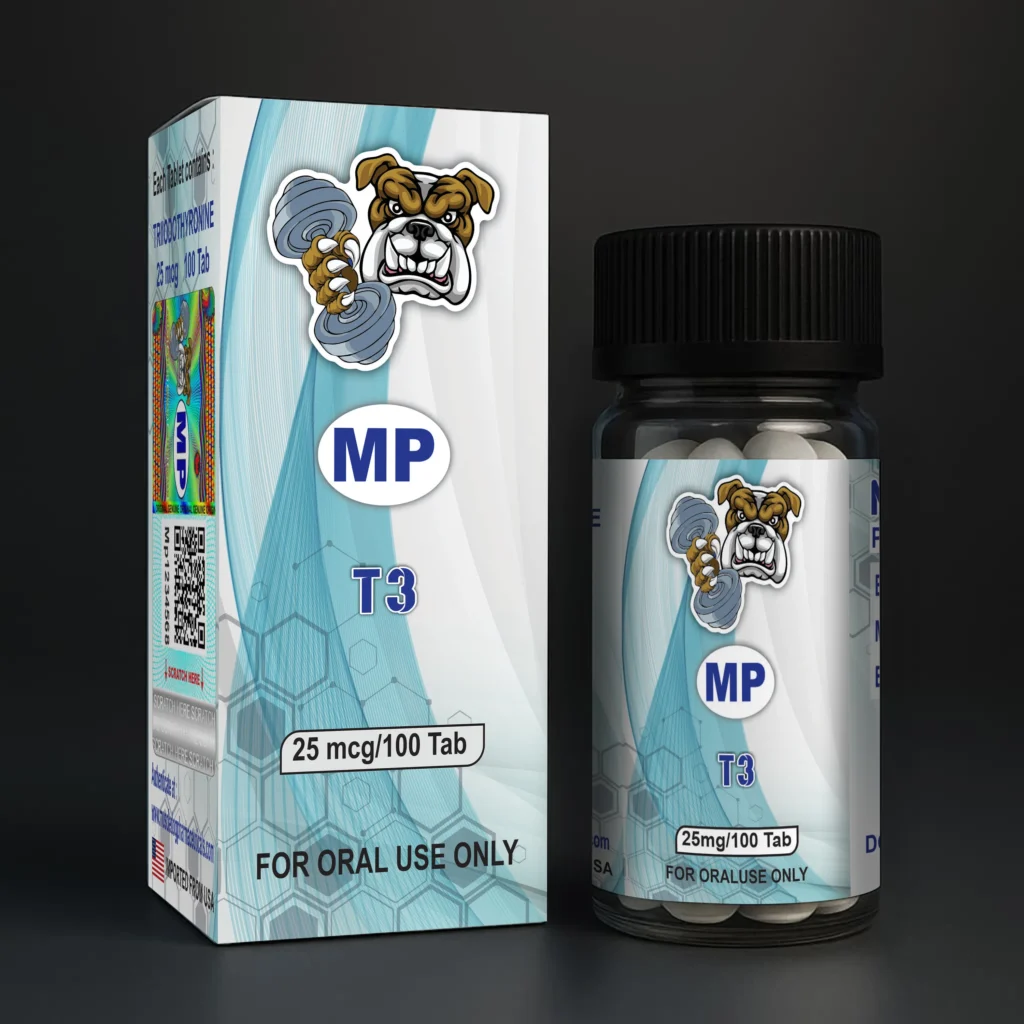Triiodothyronine (T3)
Home / Triiodothyronine (T3)
Triiodothyronine (T3)
Triiodothyronine (T3) – The Active Thyroid Hormone
Triiodothyronine, also known as T3, is a thyroid hormone that affects nearly every physiological process in the body. This includes:
Growth and development
Metabolism
Body temperature regulation
Heart rate control [1]
Hormone Regulation Process
The production of T3 and its prohormone thyroxine (T4) is activated by thyroid-stimulating hormone (TSH), released from the anterior pituitary gland.
This process is part of a closed-loop feedback system:
When T3 and T4 levels rise in blood plasma, they inhibit TSH production in the anterior pituitary.
When T3 and T4 levels drop, TSH increases, stabilizing hormone levels in the bloodstream.
T3 vs T4: Potency and Conversion
At the cellular level, T3 is the body’s more active and potent thyroid hormone [2].
T3 delivers oxygen and energy to cells and is about four times more potent than T4.
Of total thyroid hormone production:
20% is T3
80% is T4
About 85% of circulating T3 is formed later in the liver and anterior pituitary, where an iodine atom is removed from the outer ring of T4.
Despite its potency, T3 concentration in human plasma is about one-fortieth that of T4.
Half-Life and Absorption
T3 half-life: Approximately 2.5 days [3]
T4 half-life: About 6.5 days [4]
After administration:
T3 levels start rising at 45 minutes
Peak around 2.5 hours
Although manufacturers (e.g., Cytomel) list T3’s half-life at 2.5 days, newer studies show variability, especially based on thyroid status. Research has found T3 half-life ranges between 10 to 22 hours
Triiodothyronine (T3)

